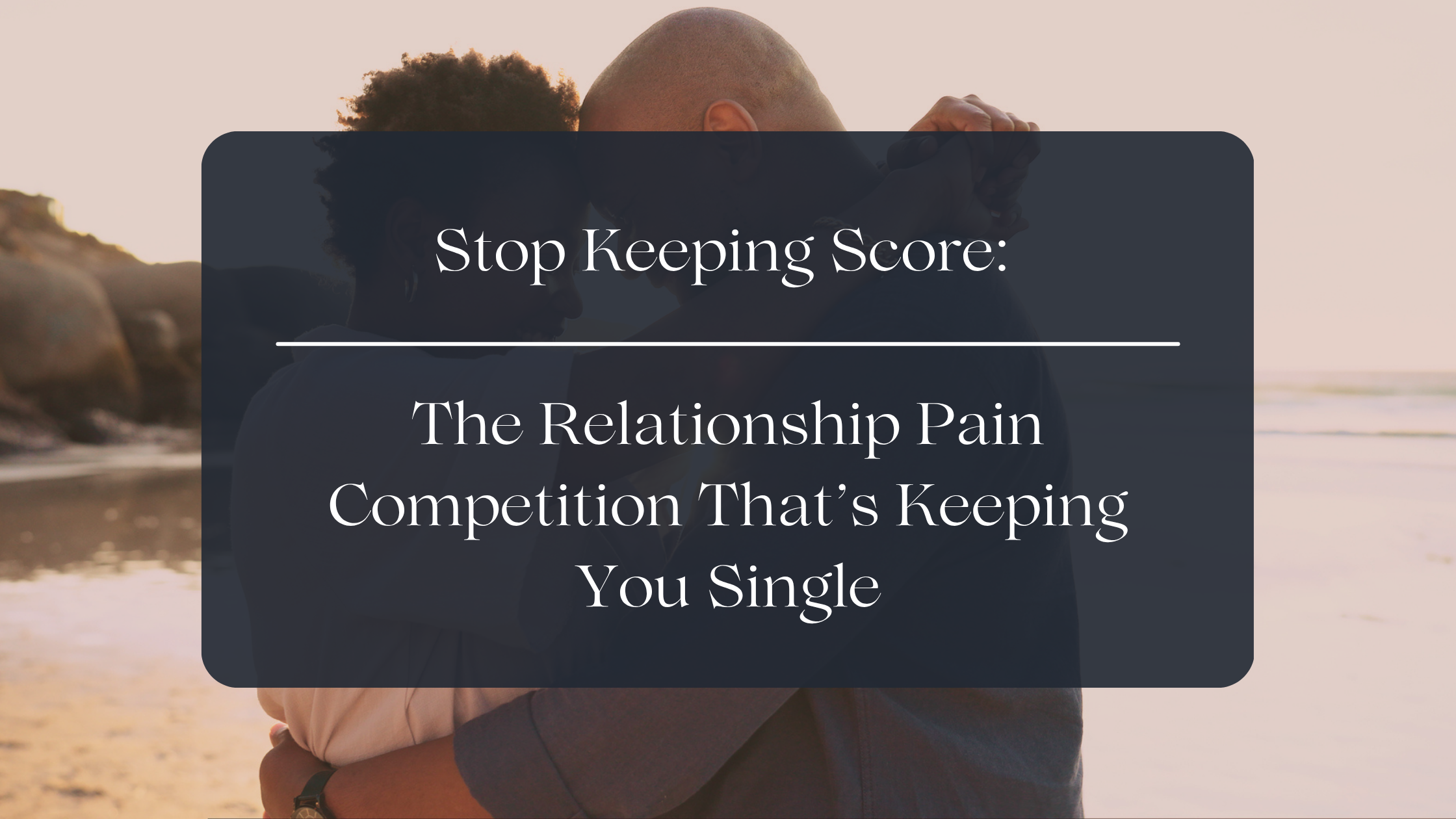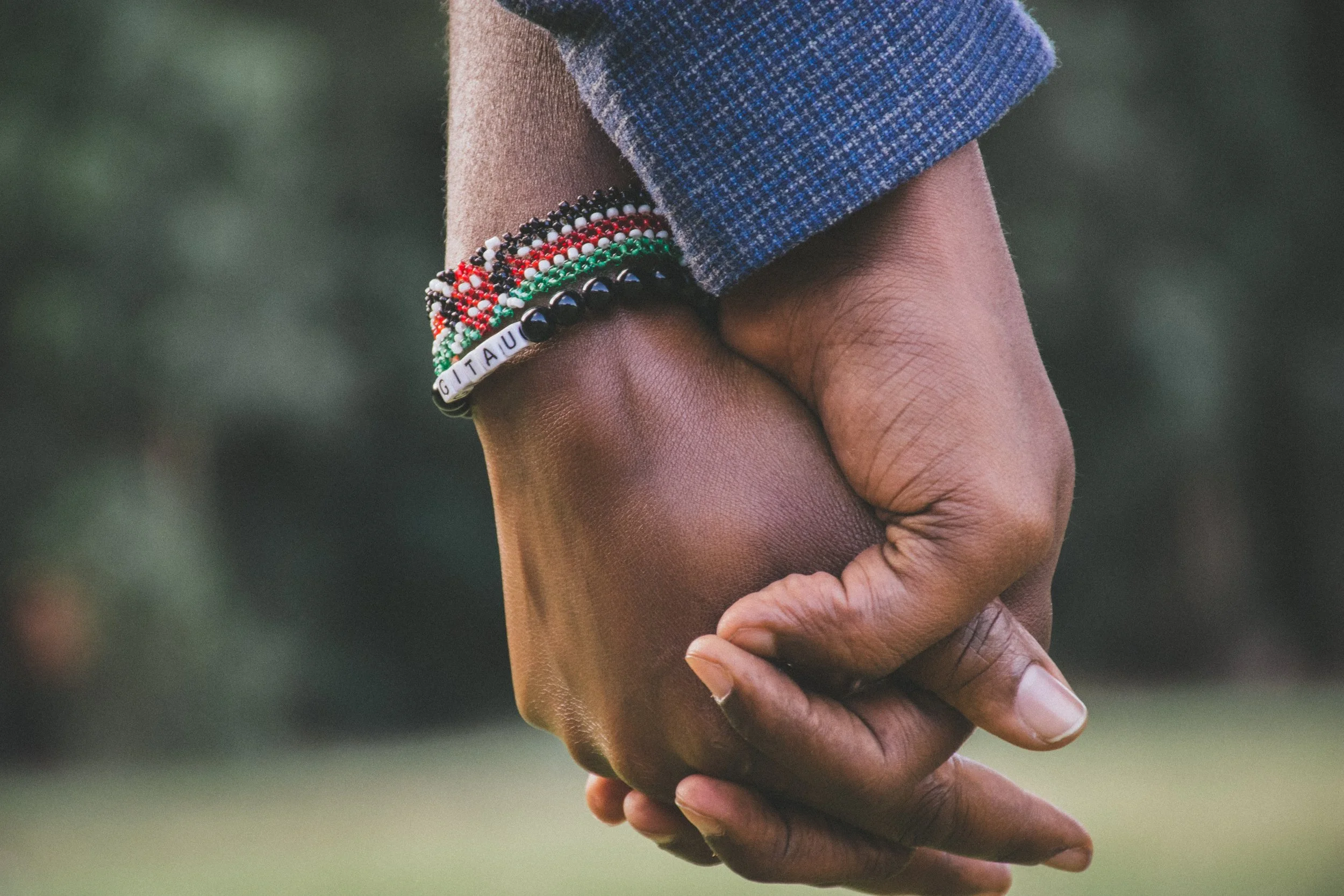
Blog
Latest Posts

In the heart of every relationship, be it with your partner, a dear friend, or a family member, lies the potential for conflict.
Have you ever considered training yourself to stop and be in the moment, finding inner peace and tranquility?
When you allow yourself to be yourself, you’ll no longer feel the need to change your words and actions to impress others.
We tend to forget that our wellbeing, physical, mental, and spiritual, should be at the forefront of our minds. We use healthy food and water to nourish our bodies, knowledge and information to feed our minds, and love for ourselves, for others, and the things we enjoy to uplift our spirits…
Communication maintains and builds closeness. It also helps to avoid many of the misunderstandings and avoidable drama that plague many relationships. If the communication with your partner is poor, it’s only a matter of time before the relationship greatly suffers. The best time to begin working on your communication with your partner is before you need it.
This month we focused on giving a voice to those with invisible illness. People with diseases that do not alert others that a person is struggling physically to carry out daily living activities, social activities, and professional goals.
What are the inner workings behind why people procrastinate? Psychology explains what cogs and gears are turning in the minds of procrastinators. Let’s look.
A commonality found in most “How to Deal with Anger” articles is advice on how to get rid of anger or how to let it go in the moment. It is important to remember that anger is a perfectly normal emotion. The problem is that most people express anger in an improper/harmful way. Being taught how to express anger openly, honestly, and appropriately is the goal.
Have you ever felt frustrated with the amount of thoughts that your mind is throwing at you, especially when you’re already feeling stressed or overwhelmed?. That internal noise never seems to stop.
Spring. The time when the flowers bloom, the sun starts to shine bigger and brighter, and you make room to clean up your home, get rid of the old, and make room for the new.
Growth is a state of mind that we must place intentionality behind as we continue to be our best selves.
As human beings, we all desire relationships. There have been numerous studies and theories on relationships that show a positive correlation between relationships and happiness, and we as people report that relationships are the best parts of our lives. This can be seen in friendships, romantic relationships, familial relationships, and work relationships, as these are the most common that we encounter on a daily basis. However, as you begin to form relationships, it is important that we recognize if they are healthy for your well-being.
A new year means there is an opportunity to reflect on the past year and look forward to what is to come. Now, I don’t want you to think that this is a time for “should’ve, would’ve, could’ve” thoughts.
Healing is a word that can mean many different things to many different people. Going through the healing process, or calling yourself healed after a traumatic event or circumstance proves that life is an ever-changing journey, filled with seasons that we cannot predict. But, how does one heal?
How does one self-heal?
By nature, life presents us with changes, new seasons, and transitions. For some of us, it may mean moving from one city to another after living in one place for so long. It may mean breaking up a relationship after years of being together. Or, it may mean coping with the death of a loved one. No matter the circumstances that we face, the emotions associated with life’s transitions must be identified and confronted in a positive and healthy way.
The pandemic has stretched the patience and endurance of many. The year 2020 forced us to work outside our normal routines and it has gone on for so long we have a new normal.
What’s your real opinion of yourself? Do you find fault in all that you do? Is your self-talk primarily negative talk?
What are they? Why are they so important? Where do I get them? These are all valid questions when you’re asked, “what are you doing to cope?”. It would be great if we had a laundry list of healthy coping skills on hand, but the truth is we learn by watching how others cope.
Do you apologize often? Do you have difficulty saying “no”? Do you feel uncomfortable when people are displeased with you? If you answered yes to any of these questions, then you likely engage in people pleasing behavior.





























